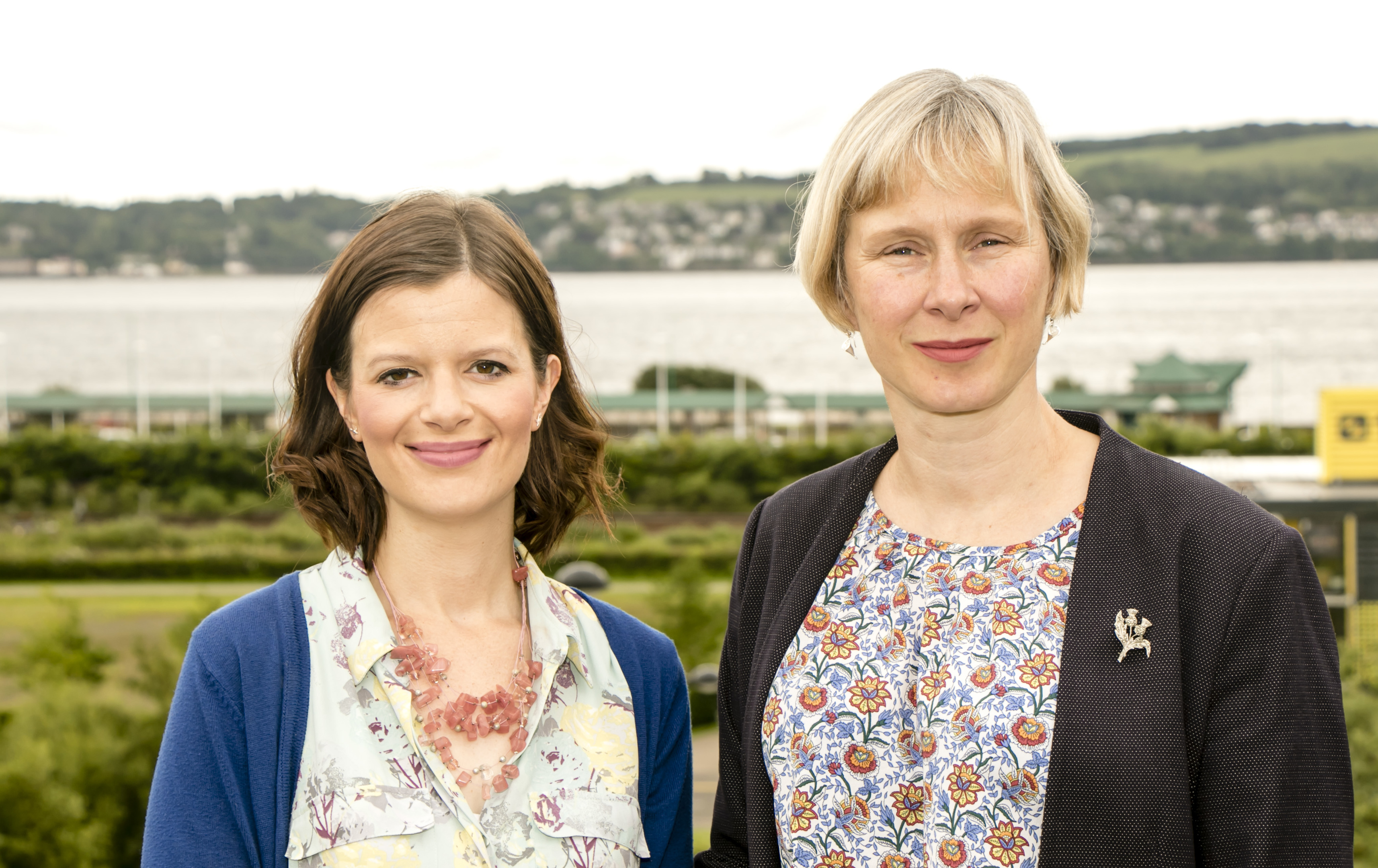Studying how people keep valuable secrets tucked away on the internet – such as an online affairs or drug purchasing – could help agencies like MI5 track potential security threats.
Researchers at Dundee University will delve into the online world of secrets to help further understand how the particularly human trait of keeping a secret can survive a digital world full of potential security problems.
By understanding how people keep quiet about things they should not be doing in the digital era, such as extra marital affairs or buying illegal drugs and weapons, it is hoped a more thorough understanding on how to keep things secret can be uncovered.
The group, led by the university’s Professor Wendy Moncur, and co-investigated by Dr Anna Gavine, were awarded money by the Centre for Research and Evidence on Security Threats (CREST).
CREST selected the Dundee-based investigatory team from a pool of more than 80 applicants, who are one of eight projects who will receive funding into research on potential security risks.
Professor Moncur said: “The internet is a great place for keeping secrets. People use the internet to conceal things that they shouldn’t be doing, such as affairs and the purchase of illegal drugs, and to hide from people that they are afraid of.
“Understanding more about how ordinary people keep these kinds of secrets will allow us to give extra skills to people who have to keep secrets in their everyday jobs.
“Our team of interdisciplinary experts from across the University will bring together innovative new methods to contribute to UK efforts to diminish national security threats.”
Professor Moncur holds a multi-disciplinary post at the university, across both the Duncan of Jordanstone College of Art & Design school and the School of Nursing and Health Sciences.
Dr Anna Gavine, co-investigator on the project, said: “Ultimately, by understanding how we keep things close to our chest, we will produce an ‘Illustrated Guide to Keeping Secrets Online’ with potential real-world applications.
“We are really excited to bring together a diverse mix of skills, across technology design, evidence synthesis, policing research and graphic design. Dundee’s approach to interdisciplinary working creates a fertile space for this kind of innovation.”





